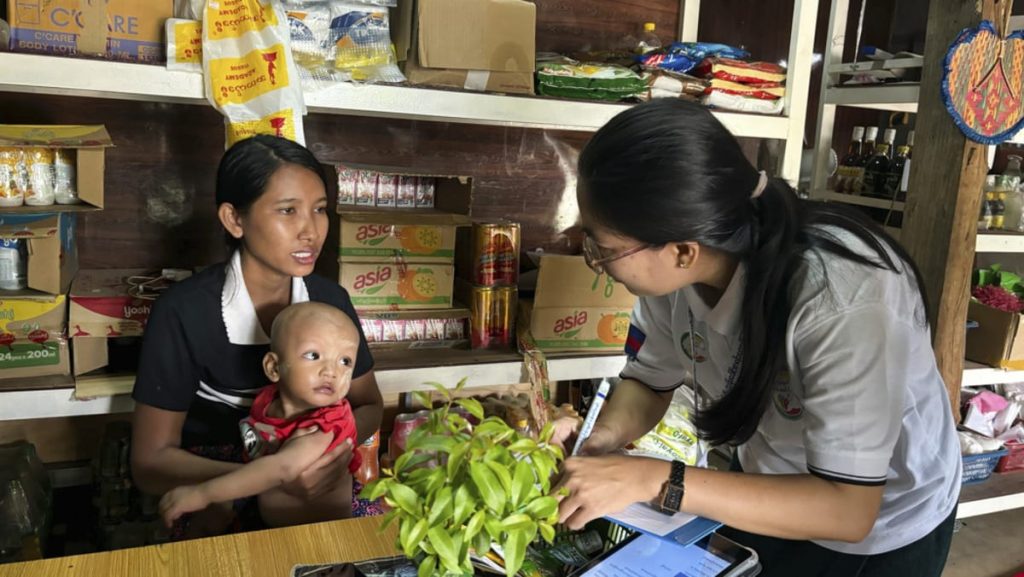Census takers in Myanmar were accompanied by police and soldiers as they conducted a national survey, despite calls for a boycott from anti-junta groups. The ruling junta, which has lost control of parts of the country to armed opposition, insisted on carrying out the census to update voter lists for the upcoming elections in 2025. Teams of enumerators were seen going door-to-door in Yangon, with support from various local authorities and militias to ensure security during the survey.
The ongoing conflict in Myanmar has made it challenging for census takers to collect data in certain areas, with reports of threats from armed groups creating security concerns. The presence of soldiers and armed police was intended to protect census takers as they went about their duties. The military’s efforts to tighten security during the census reflect the volatile situation in the country, as the ruling junta faces resistance from opponents who have rejected the legitimacy of the government.
While the ruling junta sees the census as a necessary step in preparing for future elections, critics have raised concerns about the survey being used as a means of surveillance and control. Anti-junta groups have urged people to boycott the census, arguing that participating in the survey would legitimize the military government’s rule. The junta’s insistence on moving forward with the census, despite opposition and ongoing conflict, highlights the challenges facing Myanmar as it navigates a turbulent political landscape.
The involvement of various groups, including school teachers, local authorities, police, and militias, in conducting the census underscores the complex dynamics at play in Myanmar. Militia members who have received basic military training were reportedly assisting with security in their areas, highlighting the role of non-state actors in supporting the government’s efforts. The military’s anonymous disclosure of security measures being taken during the census suggests a heightened sense of caution due to the threats posed by armed groups.
As the census progresses, tensions are likely to persist between the ruling junta, anti-government groups, and armed opposition forces. The volatile security situation in Myanmar continues to pose challenges for the government’s efforts to assert control and carry out administrative tasks such as the national survey. The outcome of the census and its implications for future elections will be closely watched by observers monitoring the political developments in Myanmar, as the country grapples with ongoing conflict and instability.
In conclusion, the national census in Myanmar has become a focal point of contention and resistance, as the ruling junta faces opposition from various groups advocating for change. The presence of security forces during the census reflects the heightened tensions and security risks in the country, as conflict and unrest continue to plague Myanmar. The outcome of the survey and its impact on voter lists and future elections will have far-reaching implications for the political landscape of Myanmar, as the country navigates a complex and uncertain path forward amidst ongoing challenges.


